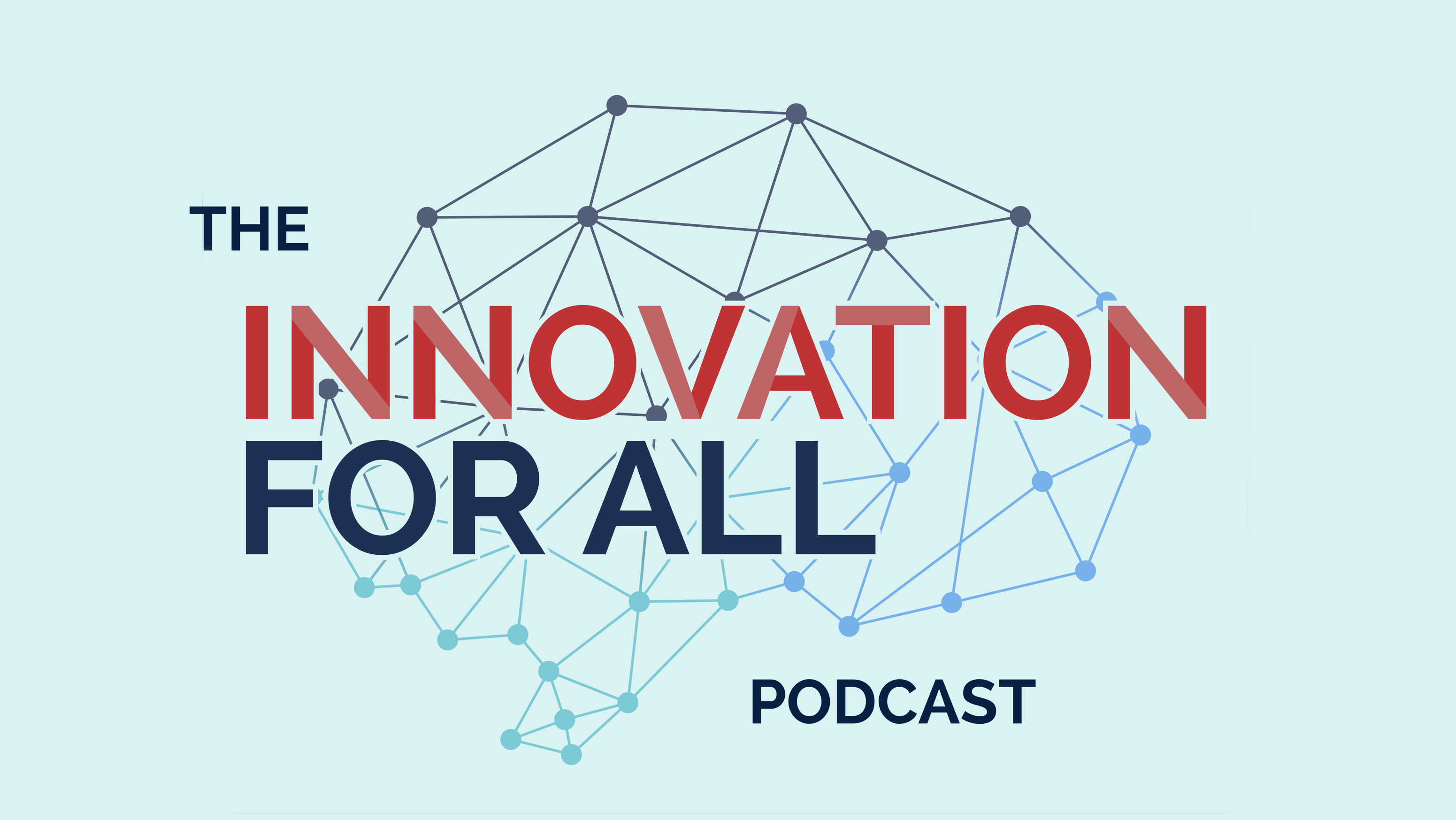
Overview:
In the season 3 premiere of Innovation for All, Dr. Marcia Chatelain, author of Franchise: The Golden Arches In Black America and professor of History and African American Studies at Georgetown University, explains the complex history of McDonald’s in black America. She explains how the civil rights movement impacted black business ownership and how franchises, like McDonald’s, can be both an economic win and financially limiting for low-income communities.
In this episode you will learn:
- How the civil rights movement impacted the growth of McDonald’s in black America
- How McDonald’s utilized black-centered marketing strategies to fuel advertisements
- The pros and cons to working in a franchise
- How the fast food industry was seen as a win for low-income communities initially
- How black-run McDonald’s franchises pooled resources to benefit the community
- The differences of how white and black America viewed McDonald’s and its impact on advertising
- How racist systems use black entrepreneurship as a way to avoid addressing racism
- COVID-19: Challenges to the food justice movement and what environmental racism is
- What are the limits of the private sector in COVID-19?
- Experience and complexities of black franchise owners
- How to reframe historical storytelling to highlight the community rather than the business
Links and mentions:
- Marcia’s book, Franchise: The Golden Arches In Black America
- Unofficial Museum of McDonalds
- Burrel Communications
- Ayanna Howard
- Deanna Van Buren
Connect with Marcia:




